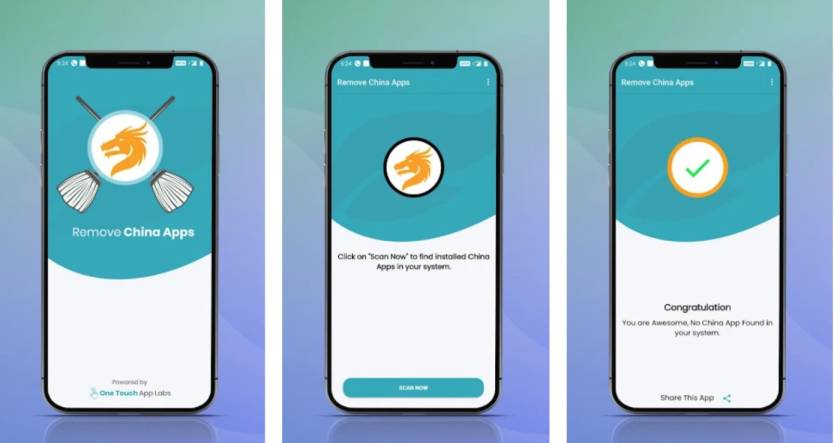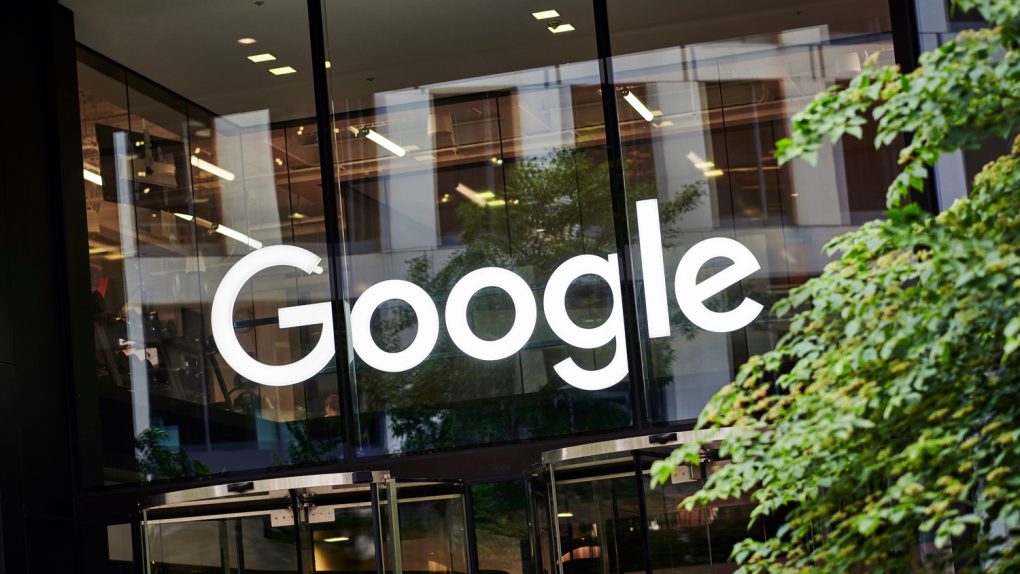- Remove China Apps, a popular app made in India was just pulled from the Google Play Store for violating Google’s Deceptive Behavior Policy.
- The move is the latest episode in the escalating China vs. India conflict that included skirmishes at the Himalayan border a few weeks ago.
- The novel coronavirus health crises also helped increase tensions between the two most populous countries in the world.
The bizarreness of 2020 continues with a new episode in the ongoing China vs. India conflict that’s been exacerbated but the novel coronavirus pandemic. The two nations found themselves at odds again in the heights of Himalaya in early May, where soldiers on both sides fought each other using rocks and wooden clubs as weapons. No shots were fired, but there were injuries on both sides, just as more troops were brought in to reinforce the mountainous border that’s seen numerous similar fights in the past years. Tensions escalated against the backdrop of COVID-19 and might worsen. The battle isn’t only fought with clubs in the Himalayans. Indian and Chinese smartphone users and app makers have been having a fight of their own in recent weeks, including the TikTok protest and, more recently, the Remove China Apps (RCA) controversy. Google was forced to act in both accounts, removing negative reviews for TikTok a few days ago. Now, Google pulled the RCA app from Google Play for violating its Deceptive Behavior Policy.
As the name suggests, Remove China Apps does something on Android phones that no app should be able to do. The app allows users to detect apps made in China and prompt users to delete them. The app got more than 5 million users, growing in popularity in recent weeks in the region because of the current border dispute between the two countries.
Google had to pull the plug and remove the app from the store TechCrunch reports. Under the Deceptive Behavior Policy, no app can make any changes to a user’s device settings or features outside of the app without the user’s knowledge and consent, the report notes. Apps can’t encourage handset owners to remove or disable other third-party apps.
With or without the app installed, smartphone users could easily find out who makes the apps on their phones by visiting the Play Store and searching for more details about developers. The app purging phenomenon could continue in the countries.

Indian celebrities apparently posted images of themselves deleting Chinese apps from their devices. Nupur Sharma, a spokeswoman for India’s ruling party, said in response to an Indian star deleting TikTok from his phone that it was “great to see concerned citizens setting an example” and “we ought to hit them where it hurts most.
The huge irony here is that Chinese Android phones are immensely popular in India, where they’ve dominated sales in recent years. Four of the top five smartphone sellers in India are Chinese. Samsung has been losing market share in the region for a few quarters and placed third after Xiaomi and Vivo in the first quarter of 2020.
This fact did not escape the Chinese state-run Global Times that reported on Tuesday that some users in China ridiculed the RCA app, urging Indians to “throw away” their phones. The report also noted that if the government allows “irrational anti-China sentiment” to continue, it risks ruining relations and draw “a tit-for-tat punishment from Beijing.”
India is facing a major economic crisis, like any country battling the coronavirus pandemic. As a result, India’s Prime Minister Modi has been aggressively pushing the idea of boycotting goods from foreign firms. That could apply to Chinese goods, including apps, especially given the recent border skirmishes. Separately, China might not want India to get too close to the United States, especially when it comes to criticism about the way China handled the coronavirus in the early days.








